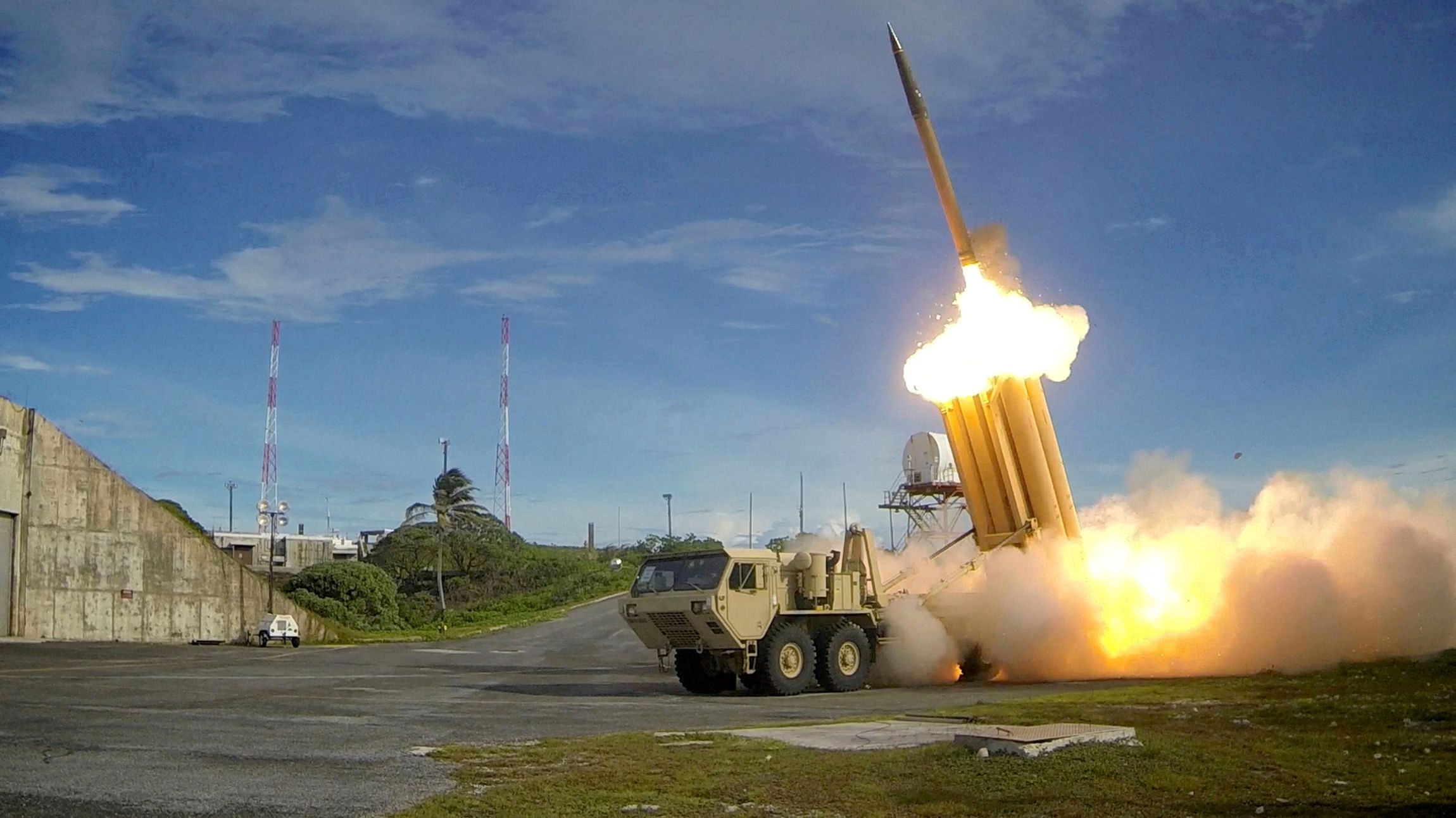
A high-ranking Chinese military official criticized U.S. actions in the Pacific as detrimental to the "mutual trust" between the countries' militaries.
Fan Changlong, a vice chairman of the Chinese Central Military commission, made the remarks on Thursday during a visit to Beijing by General Joseph Dunford, chairman of the Joint Chiefs of Staff, which was designed to further military cooperation between the two nations.
Fan acknowledged that the mutual trust between the two militaries had seen "healthy development" in the past few years, but he criticized recent U.S. actions as "wrongful."
"U.S.'s 'wrongful actions' such as meddling in Taiwan, establishing Terminal High Altitude Area Defense (THAAD) around China, spying closely on Chinese sea and air territory, and constant activities by U.S. planes and ships in the South China Sea, have had a negative effect on mutual trust and military-to-military ties," according state-run news website China Daily's account of Fan's remarks.
Last week, China condemned in similar terms the U.S. Navy for carrying out a "freedom of navigation operation," the third since Donald Trump became president, in a show of defiance toward China's claims on disputed territories in the South China Sea, as Reuters reported.
"The above-mentioned provocative actions by the U.S. side have seriously undermined China-U.S. strategic mutual trust and created obstacles to the development of relations between the two militaries, despite of the general stability of the mil-to-mil relations between China and the U.S. at present," the statement issued by the Chinese Defense Ministry on August 11 read.
The other thorny issue for China is the U.S.'s recent deployment of the THAAD missile defense system in South Korea, which is designed to shoot down ballistic missiles and is seen as the first and most prominent defense against a possible attack from North Korea.
China has been deeply critical of THAAD, as it fears it could interfere with the country's security and the development of its own ballistic missile program.
Fan's statement also showed the Chinese have not forgotten the December phone call between then-President-elect Trump and Taiwanese President Tsai Ing-wen, the first direct contact between an incumbent or incoming U.S. president and a leader of the island, which China considers as part of its territory under the "One China" policy, in nearly four decades.
At the beginning of his trip, Dunford admitted that the U.S. and China still have numerous issues on which they do not see eye-to-eye, but it was crucial to keep the communication channels as open and direct as possible.
"I think our collective challenge is to sincerely and with candor attack these issues that we have to address," Dunford said.
An agreement meant to increase communication and "reduce the risk of miscalculation" was signed among military officials of the two countries, the U.S. military said on Tuesday.
Uncommon Knowledge
Newsweek is committed to challenging conventional wisdom and finding connections in the search for common ground.
Newsweek is committed to challenging conventional wisdom and finding connections in the search for common ground.
About the writer
Sofia Lotto Persio reports mainly on Asia and gender issues for Newsweek. She previously covered international affairs with a specific ... Read more
To read how Newsweek uses AI as a newsroom tool, Click here.








